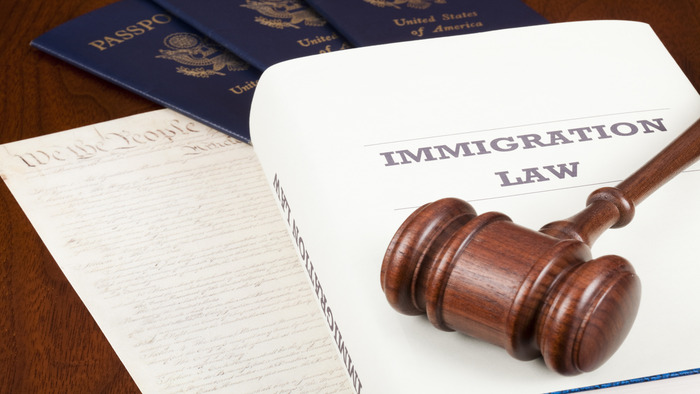Immigration Landscape Midyear Review
- By [ Austin Gold ]
- 07/09/2025
Changes to Temporary Protected Status (TPS)
The Department of Homeland Security (DHS) has rescinded the 2023 Temporary Protected Status (TPS) designation for Venezuela, citing improved conditions in the country. However, the earlier 2021 designation remains in effect for eligible individuals through September 10, 2025.
Similarly, DHS has announced the termination of Haiti’s TPS designation, effective September 2, 2025, following the expiration of the current designation on August 3. However, on July 1, a federal district judge blocked the administration’s attempt to end Haiti’s TPS early, ruling that the government could not lawfully terminate protections before the Biden-era extension expires on February 3, 2026. The Trump administration is expected to appeal the decision.
Additionally, DHS has stated it will allow the TPS designations for Nicaragua and Honduras to lapse as of July 5, with termination taking effect in September 2025 - pending any federal court intervention.
Termination of the CHNV Parole Program
These developments come alongside a broader rollback of humanitarian protections for asylum seekers. In a major policy reversal, the administration has formally ended the CHNV parole program, which had provided temporary relief to nationals from Cuba, Haiti, Nicaragua, and Venezuela. This action followed a Supreme Court ruling that lifted an injunction previously blocking the program’s termination. In the aftermath, DHS began issuing termination notices to individuals who had been paroled under the program, revoking both their parole status and associated work authorizations. This action ultimately affected approximately 530,000 individuals.

In July, Congress passed a sweeping reconciliation package titled the One Big Beautiful Bill Act, (OBBA) which among other things, significantly increased funding for the DHS. The law allocates:
- $46.5 billion for border wall construction and related infrastructure,
- $45 billion to expand detention capacity for immigrants in custody, and
- $30 billion for hiring, training, and operational support for U.S. Immigration and Customs Enforcement.
- A new $100 fee for filing an asylum application, plus a $100 annual renewal fee.
- A $550 fee for an initial Employment Authorization Document (EAD) for asylum seekers, with $275 for renewals.
- For Temporary Protected Status (TPS) applicants, the registration fee rises from $50 to $500, with EAD fees set at $550 initially and $275 for renewals.
- For individuals seeking humanitarian parole, the application fee increases from $630 to $1,000, with similar EAD costs as above.
- Non-immigrant visa (e.g., H‑1B, E‑3, etc.) application fees raised from $160-$190 to $250.
As immigration policy continues to evolve, RILA, together with coalition partners, remains engaged in advocating for practical, commonsense long-term solutions that promote a secure, and stable workforce. This includes ongoing engagement with congressional offices and federal agencies to ensure the retail industry’s workforce needs are understood and considered in policy discussions. We will continue to host conversations among relevant communities including the Retail Talent Committee, Labor and Employe Committee, among others to provide opportunities for benchmarking. Additionally, RILA hosted a webinar in partnership with Seyfarth Shaw, offering practical guidance on navigating heightened immigration enforcement under the Trump administration. The webinar is available here (note: login required to access via the RILA website).
For any matters related to immigration policy, or to discuss ongoing efforts, please reach out to RILA’s Senior Director of Government Affairs, Austin Gold.
Tags
-
Workforce
-
Immigration
-
Public Policy


